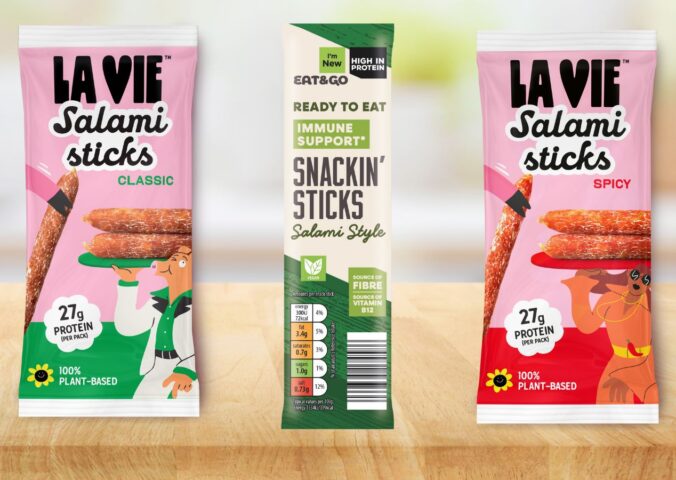A new report has identified a group of 53 social media “super-spreaders” sharing health misinformation online, exposing up to 24 million vulnerable users to harmful advice.
Much of the super-spreader’s advice “directly contradicts” public health guidelines, and more than half have no health-related qualifications. Furthermore, 96 percent of these influencers financially benefit from promoting misinformation, including by selling biohacking “therapies” and organizing “medical” conferences to promote supplements and extreme lifestyles.
These include meat-heavy and carnivore diets, which frequently focus on red meat and organs above all other proteins and ingredients. Some influencers also endorse ketogenic or low-carb diets, while others advocate for raw milk‘s widely debunked so-called benefits.
The report, titled Nutrition Misinformation in the Digital Age 2024 – 2025, was produced by Rooted Research Collective’s multidisciplinary team of industry experts in association with consumer advocacy organization The Freedom Food Alliance, and was published this week.
Read more: Most Americans Wrongly Think It’s Important To Eat Animal Products For Protein
Health misinformation influencers ‘driven by profit, not science’

The report also found several archetypes that many health misinformation influencers fall into, including those who fabricate medical credentials, those who spread anti-establishment conspiracy theories, and those who use marketing acumen to sell products and diets. While 87 percent are not medical doctors, one in five present themselves as a credentialed expert.
As noted by Rooted Research, the World Economic Forum’s 2025 Global Risk Report identified misinformation and disinformation as leading short-term risks for the second consecutive year, with potential to fuel growing instability by “eroding trust and exacerbating divisions.”
Nutrition Misinformation calls for a three-part policy response to fight health misinformation, including practical nutrition and digital literacy education, promoting trusted and credentialed online influencers, and enforcing ethical guidelines to prevent misuse of medical titles.
“Nutrition is complex but it doesn’t have to be confusing,” explained Rooted Research co-founder and chief scientific officer Alice Millbank. “Super-spreaders exploit that confusion by offering dangerously simple answers dressed up as hacks, often driven by profit, not science. We make the case for meeting misinformation on its own turf with clear, evidence-based communication so we can begin to rebuild trust in the healthcare system.”
Read more: Why RFK Jr’s Position On Ultra-Processed Foods Is Problematic






